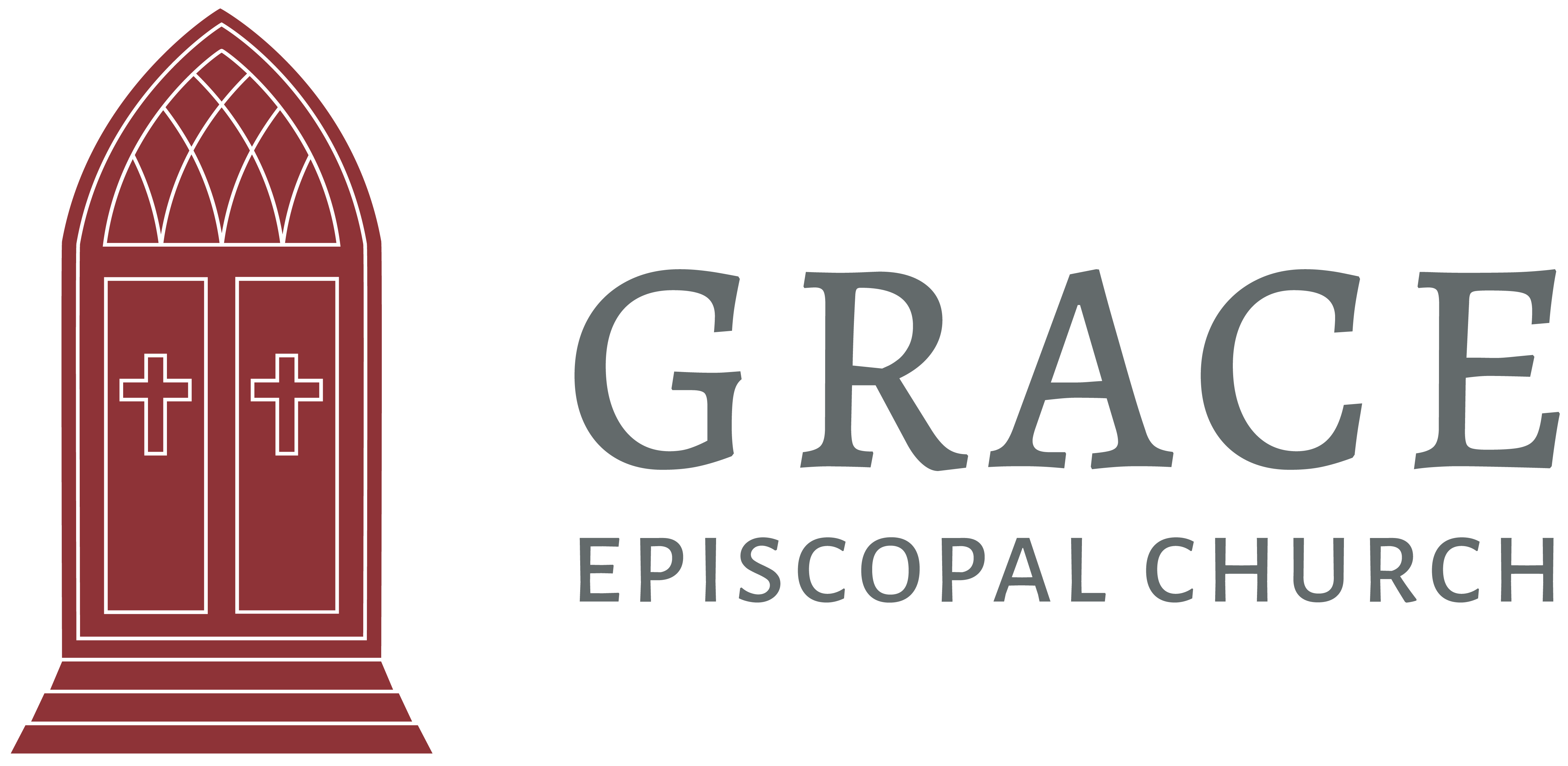Psalm 45; 1 Kings 16:23-34; Phil. 1:12-30; Mark 16:1-8(9-20)
So where does Mark really end? This is one of those (rare, despite what the History Channel or Dan Brown novels might say) places where the New Testament manuscripts differ in very, very important ways. And we have to decide which variant we think is most likely. There are, to be up front, hundreds of thousands of variants in the almost 6000 surviving early hand-written manuscripts. The vast majority, however, are simple spelling errors, or a scribe skipped a word or a line, or came on a passage in one Gospel that read slightly differently in another and simply ‘harmonized’ them from memory, or wrote something like ‘Christ Jesus’ instead of ‘Jesus the Christ.’ In other words, of the hundreds of thousands of variants, almost all of them are complete yawns. These are problems only if you adhere to ‘inerrancy,’ the notion that Scripture contains no errors at all, not even grammatical or spelling errors. Anglicans don’t believe in inerrancy: we teach scriptural sufficiency (the Bible is accurate about salvation, and may also be, but not is not required to be, accurate about other things like grammar or history).
But there are three variants some that matter somewhat. Is the ‘comma johanneum’ in I John 5:7-8 a trinitarian reference or not? Is the woman caught in adultery in John 7:53 ff supposed to be in the Bible or not (it ‘floats’ in and out of John, and occasionally Luke, in early manuscripts)? And how does Mark really end? Of these, the woman caught in adultery really has little theological significance: while one of the most beloved stories of Christ’s life, it simply reinforces a message which is pretty much omnipresent elsewhere. But I’d miss it if it were taken out, wouldn’t you? And I John isn’t the only trinitarian formula in the NT (think the Great Commission in Matthew 28!), so the Trinity doesn’t go away if you choose the alternative reading.
But the ending of Mark, friends, matters. Because if you choose Mark’s longer ending, you need to be a daredevil for Jesus. You need to be out there getting people’s attention with your poison-drinking, your faith-healing and demon-exorcising, your tongue-speaking, your snake-handling. Obviously, there are churches which try to do just that, because they take the longer ending of Mark seriously, and God bless them for their devotion. Personally, not my gig: been to such services, including a snake-handler revival (no need to repeat that ever), and I only ever felt like I wanted to get out of the building, not that I wanted to let the Holy Ghost take me on an adrenaline-fueled adventure vacation in faith. Mark’s ending changes my evangelism effort. If I take the shorter ending, then effect evangelism like that of the women at the tomb can include honestly sharing our fear and doubt and still work; if I take the longer ending, then it’s not blinking in the face of death that matters.
So take your pick. I know I have. I’m a shorter ending guy, in case you can’t figure it out. And yes, I have doubts, and yes, I have moments of fear and trembling. Happy to share that with you, if you care to hear–less likely to leap off a cliff to convince you that my Jesus is bigger than gravity. Although He is, of course.
